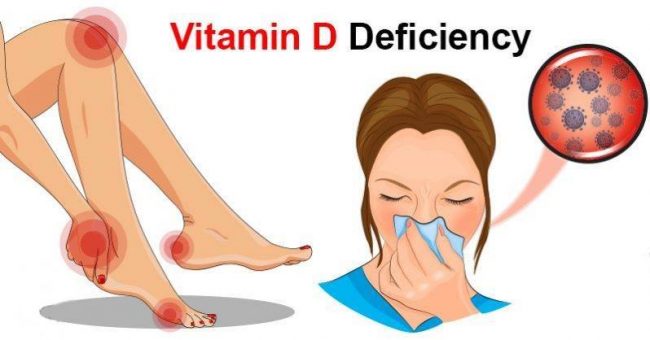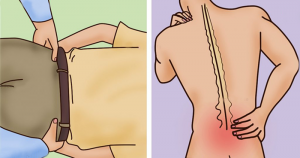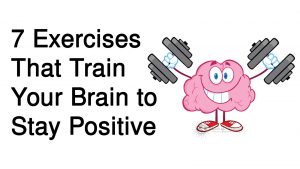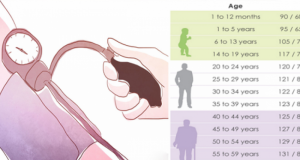Are you struggling to lose weight and maintain a healthy diet? You may have a toxic fatty acid that blocks weight loss.
Here's how a simple “Ice Hack” speed up my fat loss and helped me restore my health, watch now.
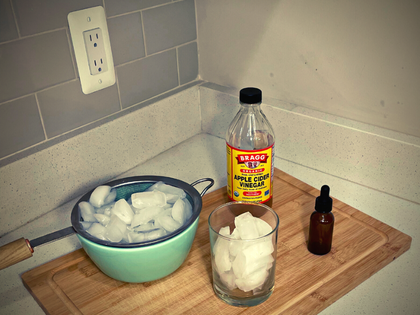
Vitamin D is an essential component of your health and well-being. It’s estimated that about 1 billion people worldwide have low levels of this vitamin in their blood. Therefore its lack of it can greatly affect your nervous, muscle, and immune systems. In addition, vitamin D plays a huge role in protecting your body from numerous diseases such as diabetes, cancer, cardiovascular health, and even depression.
The primary and most natural source of vitamin D for our body is exposure to sunlight. Direct exposure to sunlight makes your skin slightly red which triggers the production of 10,000 to 25,000 international units of Vitamin D in our bodies. Thus, helps in preventing infections, common colds, and even flu. Also, scientists have found that people who lack vitamin D are more prone to weight gain.
These are the most common signs signs you’re lacking in vitamin D:
- Muscle pain
- Back pain and/or joint pain
- Frequent infections
- Slow wound healing
- Low mood
- Chronic fatigue
- Hair loss
- Loss of bone density
Fortunately, a vitamin D deficiency is usually easy to fix, even if you don’t want to bake in the sun. However, make sure you do your best to optimize its levels and improve your overall health.
In order to correct this deficiency, just follow these tips:
At first, you should test your 25-OH Vitamin D levels, and note that while normal ranges are between 10-55 ng/ml, but optimal ranges for optimal health are between 40-65 ng/ml.
- One of the best ways to get enough vitamin D in your diet is to eat a variety of healthy foods such as whole eggs, fish liver oils, wild salmon, porcini mushrooms, and mackerel.
- Taking vitamin D3 supplements is another amazing way to boost your energy levels since it is the active form of this vitamin. Start with supplements with 2000 – 5000 IU of Vitamin D3 daily for 3 months to optimize your vitamin D levels, and afterward, continue with a dose of 1000 – 2000 IU daily.
Source: womenworking.com

